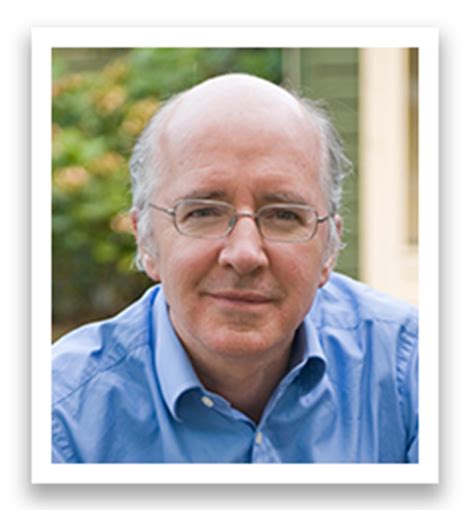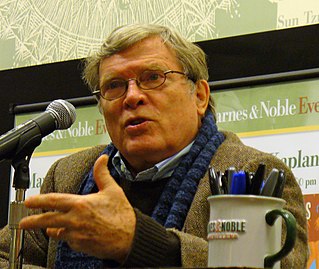A Quote by John Gimlette
Argentina is really in a different category because they butchered all their Indian or indigenous people in the war of the desert in 1850s. Which sets them aside from their neighbors in a macabre way.
Related Quotes
A 'very good friend' is a dangerous category with Indian girls. From here you can either make fast progress or if you play it wrong, you can go down to the lowest category invented by the Indian women ever - rakhi brother. Rakhi brother really means 'you can talk to me, but don't even freaking think about anything else you bore'.
Racism in our countries is a fact in that the indian is not allowed to be a politician or aspire to being head of state. It has reached the point that 99% of the indigenous women have not gone to school. The indigenous are condemned to live in a situation designed to exterminate them. They receive a pittance of a salary, they neither speak nor write the language, politics dictates their situation. Is this slavery? I don't know what it's called. It is not the same as before because we are in modern times.
So many indigenous people have said to me that the fundamental difference between Western and indigenous ways of being is that even the most open-minded westerners generally view listening to the natural world as a metaphor, as opposed to the way the world really is. Trees and rocks and rivers really do have things to say to us.
There's never been a true war that wasn't fought between two sets of people who were certain they were in the right. The really dangerous people believe they are doing whatever they are doing solely and only because it is without question the right thing to do. And that is what makes them dangerous.
Back in World War II, we viewed the Japanese as 'yellow, slant-eyed dogs' that believed in different gods. They were out to kill us because our way of living was different. We, in turn, wanted to annihilate them because they were different. Does that sound familiar, by any chance, to what's going on today?


































